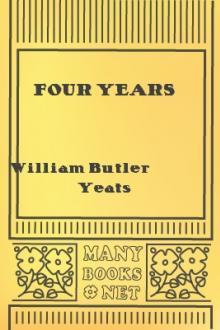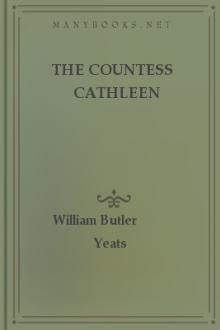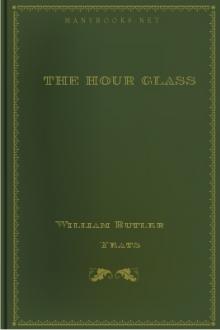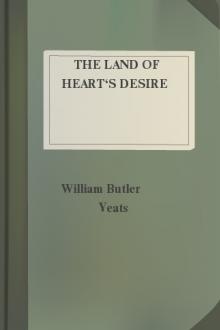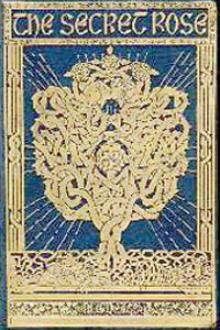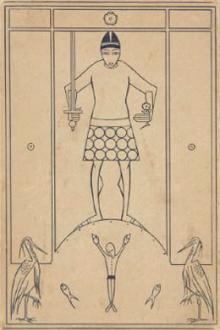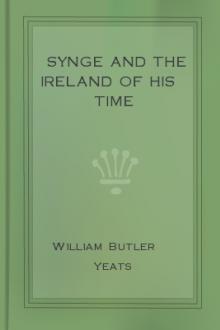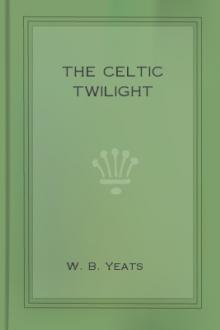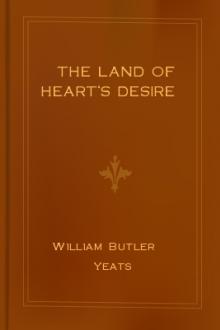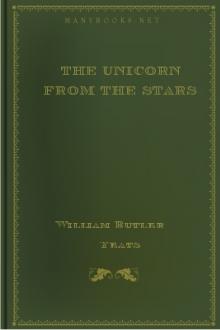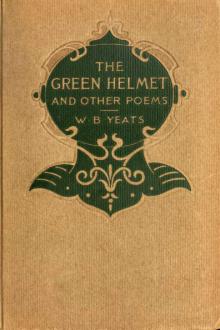Ideas of Good and Evil
Ideas of Good and Evil
What is 'Popular Poetry'? Speaking to the Psaltery Magic The Happiest of the Poets The Philosophy of Shelley's Poetry At Stratford-On-Avon William Blake and the Imagination William Blake and his Illustrations to The Divine Comedy Symbolism in Painting The Symbolism of Poetry The Theatre The Celtic Element in Literature The Autumn of the Body The Moods The Body of the Father Christian Rosencrux The Return of Ulysses Ireland and the Arts The Galway Plains Emotion of Multitude
Book Excerpt
nee, her fingers passing over the strings, and has spoken to me some verses from Shelley's Skylark and Sir Ector's lamentation over the dead Launcelot out of the Morte d'Arthur and some of my own poems. Wherever the rhythm was most delicate, wherever the emotion was most ecstatic, her art was the most beautiful, and yet, although she sometimes spoke to a little tune, it was never singing, as we sing to-day, never anything but speech. A singing note, a word chanted as they chant in churches, would have spoiled everything; nor was it reciting, for she spoke to a notation as definite as that of song, using the instrument, which murmured sweetly and faintly, under the spoken sounds, to give her the changing notes. Another speaker could have repeated all her effects, except those which came from her own beautiful voice that would have given her fame if the only art that gives the speaking voice its perfect opportunity were as well known among us as it was known in the ancient world.
II
Editor's choice
(view all)Popular books in History, Essays, Fiction and Literature
Readers reviews
0.0
LoginSign up
Be the first to review this book

 Free Download
Free Download























